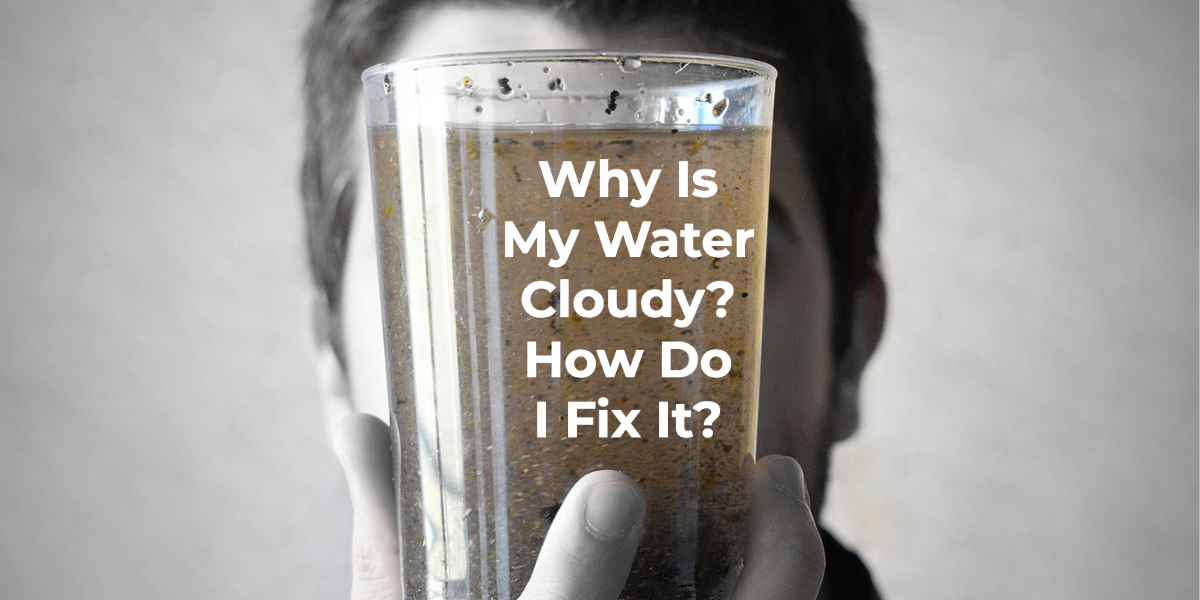- Sediment and other solids in your water
- Air bubbles
- Minerals and sediment
- Bacteria or algae growth in the water heater tank (only if it’s not cleaned regularly).
How Do You Remove Solids from Your Water?
Use a water filter. The most common way to remove solids from your water is by using a water filter. These work by using various types of filters to screen out particles, chemicals, and other contaminants from your drinking water. Filters can be either disposable or reusable (as in the case of a pitcher), nevertheless both methods will catch all of the small particles in your tap water.
If you want something that’s even more effective at removing solids, look into sediment filters or carbon filters. Sediment filters specifically target larger particles like sand, mud, and silt, while carbon filters are used to l absorb organic compounds like lead and chlorine out of your system (which may be present in some municipal supplies).
However, if you’re looking for something convenient, a good option would be an under-sink system with built-in filtration that connects directly through the plumbing beneath your sink. These are easy to install on any existing faucet so long as there’s enough room behind it! Just make sure you get one large enough for household use—most models will hold up to 300 gallons before needing replacement cartridges again.
What Can You Do About Cloudiness Caused by Air Bubbles?
If your water is cloudy because of air bubbles, you can try using a water filter (like the ones mentioned above). A filter will help get rid of the air bubbles that are causing your water to be cloudy. If you don’t have a filter on your tap, it is worth considering buying one and installing it accordingly, so that you can use it to purify your water and remove those pesky little air bubbles.
Another option is to install a softener in your home. A softener will make sure that all the minerals are removed from your water before it gets into your pipes, which means no more mineral build-up! With this system in place, cloudiness from minerals will be kept at bay for good!
If neither of these options works for you—or if they’re just not possible—then consider getting an entire treatment system designed specifically for clearing out sediment from sources like wells or rain barrels (which can end up being contaminated).
What Can You Do About Cloudiness Caused by Minerals in the Water?
If you want to take a proactive approach and make sure your water stays crystal clear, here are some things you can do:
- Use a water softener. The minerals in hard water (water with high calcium or magnesium levels) will cause cloudiness. A water softener removes these minerals by using ion-exchange technology to replace them with sodium ions that don’t affect taste or odor.
- Get a filter. If your problem is rust, sediment, or other particles in the water, filters may be able to help. Filters are easiest when they’re attached directly to your faucet because then you don’t have to worry about changing them regularly—but if you don’t want one of those devices on display in your kitchen, there are also whole-house devices that can remove impurities from all sources of water entering the house (including laundry machines).
- Find out where those minerals came from in the first place. This might involve looking into whether there’s anything suspicious going on at work (like new pipes being installed near an old quarry) or an issue with one of several nearby wells; it could also mean checking out what kind of minerals are present at nearby lakes and rivers where runoff enters storm drains that lead into local waterways (and eventually back into our drinking supply).
What Can You Do About Cloudiness Caused by Bacteria or Algae?
If your water is cloudy and you believe it’s caused by bacteria or algae, the solution could be as simple as installing a water filter. If you’re not sure what type of filter to use, call Dublin Plumbing & Drain at (614) 547-9979. We can help you determine which type of filter will work best for your situation and give you installation advice if needed.
If this doesn’t do the trick, there are a couple of other things that might work:
- Water softeners: These systems remove calcium and magnesium ions from hard water so that they don’t get deposited onto other surfaces in your home, like sinks or tubs. They may also reduce iron stains on clothing if used regularly.
- Water conditioners: Also known as “water purifiers,” these systems do the same thing as a water softener, plus some. They often have extra carbon filters to remove particles from the water as well as UV lights to kill bacteria and viruses.
How Do You Maintain Your Water System to Prevent Cloudy Water?
- Use a filter. If you have a water treatment system, then it is important that you change the filters regularly. If your water has a lot of sediment in it and does not run clear, then the sediment filter needs to be replaced.
- Clean your water heater regularly. To ensure that there are no harmful bacteria or mold growing inside of your hot water heater, empty and clean it every three months with vinegar or bleach, according to the manufacturer’s instructions. You can also purchase products that will help keep these unwanted organisms from growing inside of this appliance and causing problems later on down the road!
- Check for leaks in pipes under sinks and toilet bowls. You can do this by turning off all faucets while someone stands near each fixture while listening carefully for any sound indicating escaping pressure like hissing sounds coming from underneath cabinets where pipes may have been cut back during remodeling work done previously without proper sealing measures taken beforehand by professionals such as plumbers who specialize in this area.
Can A Plumber Clear Up Cloudy Water?
We hope this guide has helped you on your journey to a clearer, better-tasting cup of water. Unfortunately, dealing with cloudy water can be a bit of a nuisance, especially because there are several reasons why water becomes cloudy in the first place, and each one takes its own solution. But rest assured: Dublin Plumbing & Drain is here to help diagnose your plumbing problem and provide cost-affordable solutions. Call today at (614) 547-9979 for a low-cost diagnostic check! You can also schedule an appointment online by clicking here.


